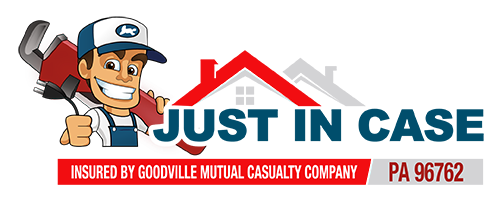Reasons Air Conditioners Run Continuously
If air circulation to or from the air conditioning unit is obstructed, the system must run longer or constantly to cool down the home.
Sometimes, air conditioning units run longer than normal, but this does not necessarily indicate an issue. The hotter it is outside, the longer it takes the air conditioner to cool down the home. However, the unit should still shut on and off as needed. If the air conditioner runs constantly without stopping, especially if the indoor temperature doesn't change despite lowering the thermostat, there's a problem. There are many reasons why an air conditioning unit may run without stopping. Homeowners should be aware of these causes and know what steps to take should their AC unit be interrupted.
Air circulation is blocked
If air circulation to or from the air conditioning unit is obstructed, the system must run longer or constantly to cool down the home. Airflow obstructions can be a dirty air filter, a poor electric motor, ductwork leaks, or closed or blocked air vents. To test if the airflow is obstructed, hold a hand up to the vent and notice if the airflow feels particularly weak. If the airflow feels weak, turn off the AC system, check the air filter, and see if any vents are blocked. If neither of these areas is the source of the problem, call a professional as soon as possible. These experts have the knowledge and experience to tackle any other issue causing weak airflow.
Dirty evaporator coils
Cooling agent runs through the evaporator coils and absorbs the heat from the air in the home. The evaporator coils must be clean for this process to happen smoothly, so the more dust and grime accumulate on the evaporator coils, the harder it is for the cooling agent to absorb heat. All those layers develop a barrier, and the AC keeps running without cooling the home. The best way to resolve this issue is to schedule yearly HVAC maintenance, as the technician should check the evaporator coils and clean them if they're dirty.
Cooling agent leak
When there isn't sufficient cooling agent, the AC runs constantly, trying to make up the difference. However, the cooling agent shouldn't run out or need refilling, so an insufficient cooling agent indicates a leak. A leak should be especially notable if the unit accumulates ice, the home isn't cooling, or the air conditioning unit produces a hissing noise. Contact a professional as soon as possible to resolve a cooling agent leak, as it's not something a homeowner should handle independently.
The AC unit needs to be replaced
Most well-maintained air conditioning units can last up to 15 years and must be replaced. An AC system must run slightly longer as it ages to provide adequate cool air. However, an air conditioner that runs constantly is over a decade old or needs regular repair work, which wastes money. At this point, it's best to pay the upfront cost of replacement to have an efficiently running unit, as this saves on costs in the long run.
The air conditioner is the incorrect size
An AC unit that is too small for the residence may run continuously to maintain the temperature setting. This indicates even more deterioration in the system, meaning more repairs, a shorter lifespan, and an overly warm home. When considering an AC unit replacement, consult a professional to ensure the unit is the correct size for the home. Don't assume the previous unit was necessarily the best size, as air conditioning units are constantly improving, so what was adequate a decade ago may no longer suffice.
It's normal for an air conditioning unit to run longer than usual, especially during significantly hot days. However, a unit should never run without stopping. If this is detected, check for obstructions. If there are no apparent obstructions, contact a local HVAC professional to resolve the issue and prevent the electric bill from increasing further.
Just in Case Mechanical offers AC installation, AC replacement, AC repair, duct cleaning, and duct and vent installation services in Lancaster County. Call us today at (717) 696-1511.

